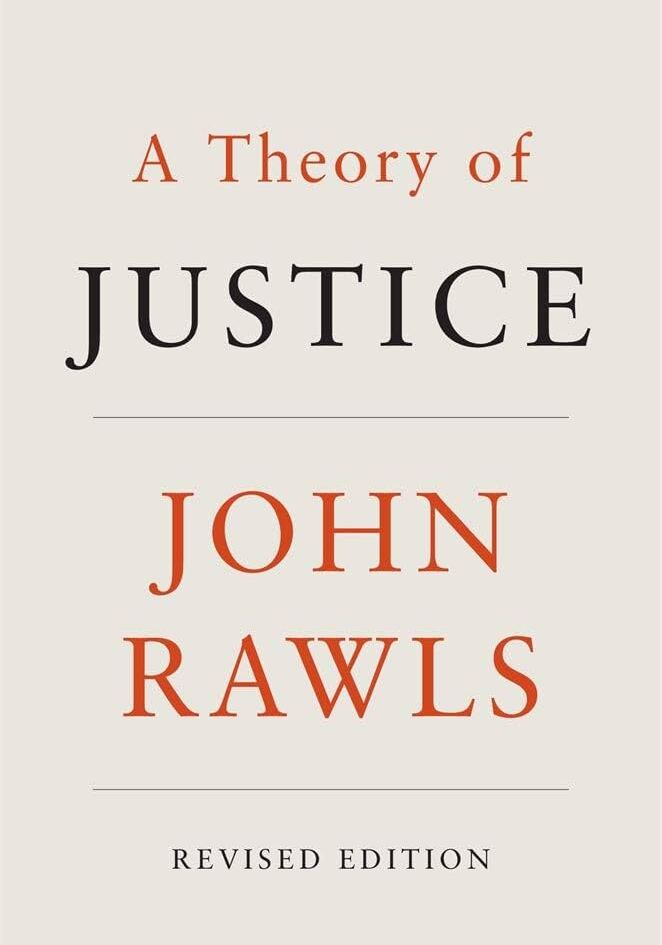
A Theory of Justice
John Rawls
10 Key ideas
29 MINS
4.6 (1.4k)
Politics Economics Philosophy
Ready to delve into the intricacies of justice within democratic societies?
Curious about how civil disobedience and conscientious refusal can play a vital role in maintaining democratic integrity?
Or keen to explore the fascinating theory of justice as fairness, and its stark contrast with utilitarianism?
Begin your intellectual journey into the heart of a well-ordered society where justice, autonomy, and social union are interwoven in a harmonious balance.
Ready to delve into the intricacies of justice within democratic societies?
Curious about how civil disobedience and conscientious refusal can play a vital role in maintaining democratic integrity?
Or keen to explore the fascinating theory of justice as fairness, and its stark contrast with utilitarianism?
Begin your intellectual journey into the heart of a well-ordered society where justice, autonomy, and social union are interwoven in a harmonious balance.


Ready to delve into the intricacies of justice within democratic societies?
Curious about how civil disobedience and conscientious refusal can play a vital role in maintaining democratic integrity?
Or keen to explore the fascinating theory of justice as fairness, and its stark contrast with utilitarianism?
Begin your intellectual journey into the heart of a well-ordered society where justice, autonomy, and social union are interwoven in a harmonious balance.
Key Ideas
Read | Listen - Full summary
About Author
John Rawls was an influential American political philosopher in the liberal tradition. He is best known for his book "A Theory of Justice" (1971), where he introduced the principles of "justice as fairness." This work has greatly impacted moral and political philosophy, asserting two principles of justice that would ensure a fair and equal distribution of resources within a society. Rawls' development of the concepts of the original position and the veil of ignorance has been foundational in discussions of social justice and the design of political institutions.
Learn Key Ideas from 9000+
non-fiction books in 15min.



